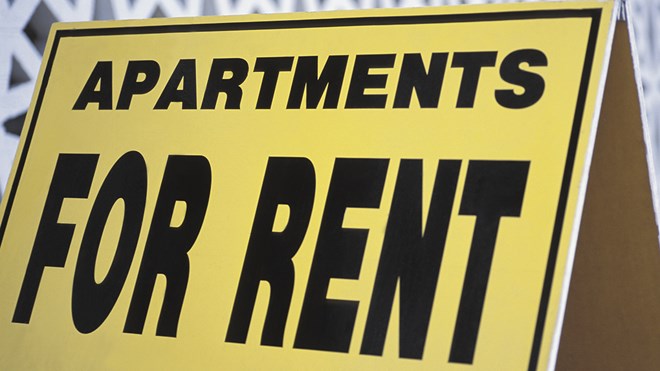Evicting tenants who damage their social housing units or don't pay their rent is a complicated process made much harder by problems at the Landlord/Tenant Board, city council heard this week.
Barbara Dubois, the city's director of housing operations, outlined the process Tuesday for addressing issues with problematic clients of Greater Sudbury Housing Corp. The city has 1,848 housing units, making it the single biggest landlord in the municipality.
If a tenant fails to pay their rent on the first of the month, they have until the seventh day of the month to contact GSHC. At that point, officials will work with the tenant to understand why the rent wasn't paid, and will refer them to outside agencies that can help. Where possible, a payment plan can be negotiated to clear up the debt.
However, people who don't pay and don't contact them to try and make arrangements receive a “notice to terminate” seven to 10 days after the rent was due, giving them 20 days to settle the debt or the eviction process will begin. If the tenant still takes no action, GSHC will try and contact them in person. If that fails, a note will be hand delivered telling them a Landlord/Tenant Board hearing will be scheduled.
If the account can't be settled at the hearing, the board will issue an eviction order with an eye to preventing the rent arrears from reaching three months. The tenant is given another chance to pay, after which the order is filed with the sheriff – who gives the tenant another chance to pay before evicting them.
“Even after GSHC files the order with the sheriff, the Residential Tenancies Act allows a tenant to apply to the Landlord/Tenant Board one last opportunity to 'pay and stay' before the sheriff actually shows up at the unit to execute the order,” says a report explaining the process.
But Dubois said there's current a six- to eight-week delay in scheduling a hearing at the board, a problem that is getting so bad, the Office of Ontario's Ombudsman has launched an investigation into why the province is so short of adjudicators for the board.
By the time the hearing is completed, she said tenants are three to four months behind in rent. If they agree to a payment plan, and then fail to live up to it, another hearing at the board is required – and more delay.
While half of the arrears owed to the housing corporation is due to damage done to the unit by the delinquent renters, she said the other half is mainly from people who have lost their rent subsidy and are struggling to pay the higher rent.
Ward 1 Coun. Mark Signoretti wondered whether some tenants were aware of problems at the board, and were taking advantage to live rent-free for extended periods.
Considering the long wait list in Sudbury to get into a social housing unit, it's a particularly frustrating situation.
“It seems something of a game that’s going on,” Signoretti said. “I hope the ombudsman can find a solution.”
